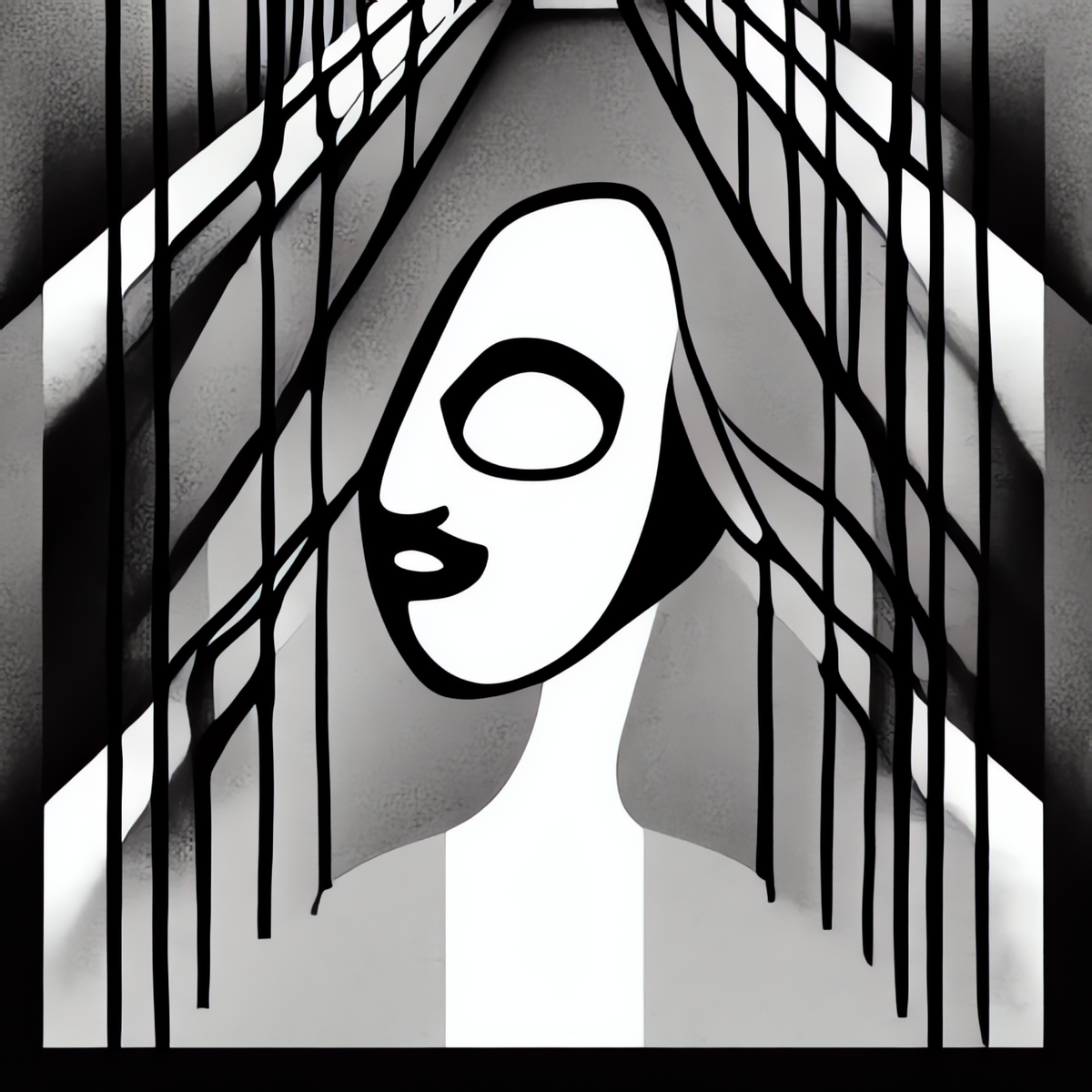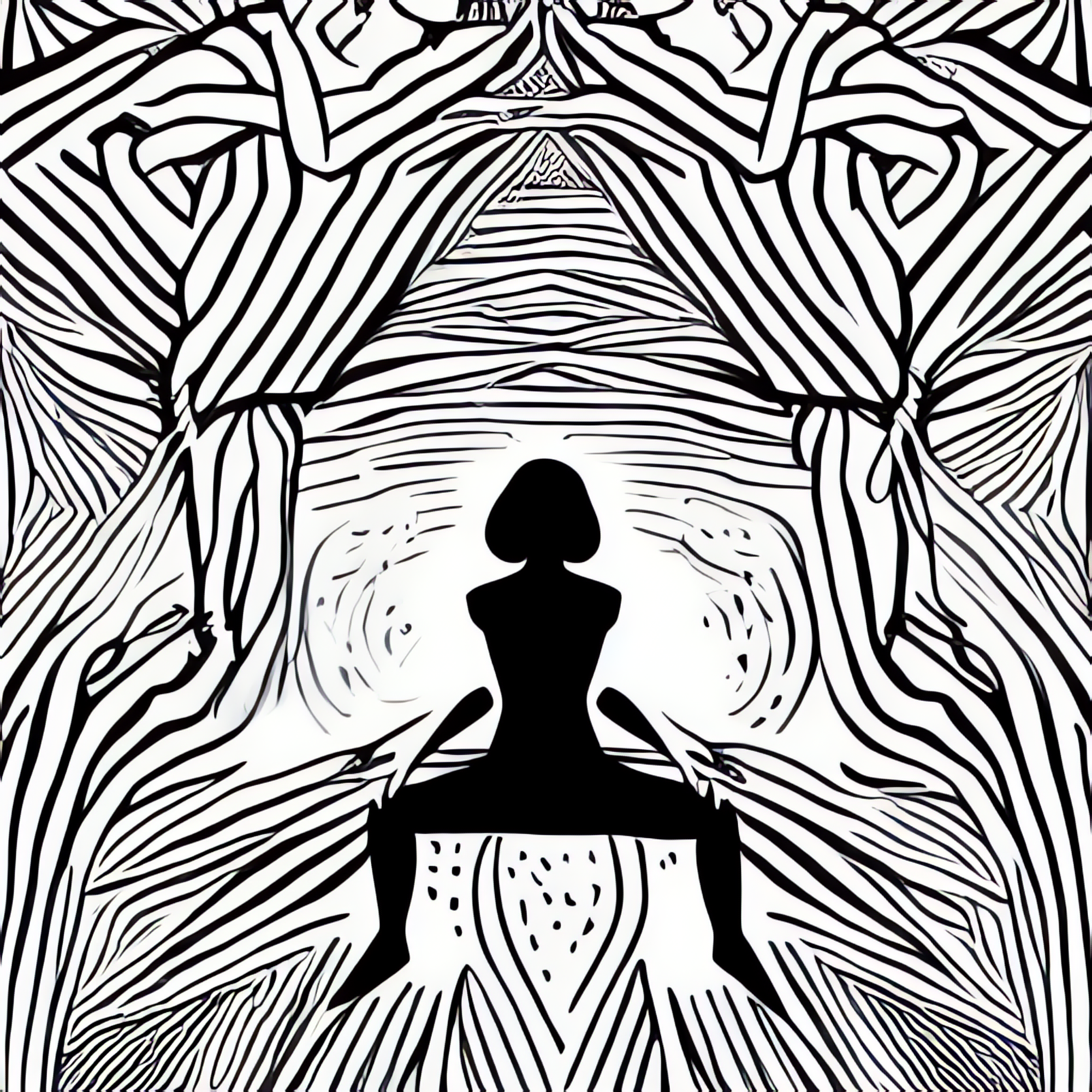Not wanting something is exactly the same as having it

In the twilight hours of our consciousness, when the desires of our hearts dance like shadows against the backdrop of the human condition, there lies a paradox so profound that it threatens to unravel the very fabric of our understanding. It whispers to us from the depths of our subconscious, an enigma wrapped in the softest of silences: not wanting something is exactly the same as having it. This elusive truth, seemingly at odds with the relentless rhythm of our desires, beckons us to explore the uncharted territory of the freedom of want, a realm where the boundaries between possession and detachment blur, and where the key to our liberation might be found in the very absence of desire.
At first glance, this assertion might appear contradictory, even nonsensical. After all, aren't our wants and needs the very impetus that drive us to accumulate more possessions, seek out new experiences, and aspire to greater heights? While it's true that our desires can play a significant role in shaping our lives, there is a hidden wisdom in the idea that, sometimes, the absence of desire can be the key to our liberation. This is the concept of the freedom of want.
The Paradox of Desire: Embracing the Freedom of Want
To truly understand the depth of this idea, we must first recognize the inherent costs associated with our desires. In today's fast-paced world, where we are constantly bombarded with advertisements and social media that present images of seemingly perfect lives, it's easy to fall into the trap of coveting more than we need. Yet, as we acquire more material possessions or chase after the next big thing, we may find that the satisfaction we gain from these objects is fleeting at best. We remain tethered to the cycle of desire, and the pursuit of more becomes a relentless, never-ending endeavor.
This is where the beauty of the freedom of want comes into play. The realization that, by not wanting something, we are essentially experiencing the same joy and satisfaction as if we had it, is a powerful one. It is a concept that has been explored in many philosophical and spiritual traditions, most notably in Buddhism, which espouses the idea that desire is the root of suffering. By letting go of our wants and cravings, we can achieve a state of contentment and peace that might otherwise elude us.
In many ways, the freedom of want can be likened to a mental sleight of hand, a subtle shift in perspective that allows us to reframe our relationship with the things we desire. This does not mean that we must reject all forms of wanting or abandon our ambitions entirely. Rather, it is a call for a more mindful approach to desire, one that recognizes its potential to both elevate and enslave us.
A Brush with Liberation
Consider, for instance, the story of the painter who finds himself crippled by his pursuit of perfection. Each brushstroke feels inadequate, every composition flawed, and with each passing day, his dissatisfaction with his work grows. Consumed by his longing for a masterpiece, he loses sight of the joy that once fueled his creativity. But when he finally accepts that his desire for perfection is an impossible quest, a curious thing happens: his work begins to flow more naturally, and he discovers a newfound freedom in his art.

This tale of the painter is emblematic of the transformative power of the freedom of want. By relinquishing our attachment to the outcomes we desire, we can find contentment in the present moment and open ourselves up to new possibilities. Moreover, as we learn to detach from the objects of our desires, we begin to see that it is not the possession of these things that brings true satisfaction, but rather the inner peace that comes from embracing the freedom of want.
The notion that not wanting something is equivalent to having it is an invitation to reevaluate the role of desire in our lives. While it's natural to seek out new experiences and strive for personal growth, it's equally important to recognize the potential pitfalls of unbridled wanting. By embracing the freedom of want, we can find a sense of balance and harmony that transcends the ceaseless pursuit of more, and in doing so, we may discover that we already have everything we truly need.
A new friend of mine prompted me to ponder the four fundamental freedoms. My initial understanding of the freedom from want deviated from the original concept, which refers to the right to a decent standard of living, encompassing access to food, clothing, shelter, and financial stability. It appears that Roosevelt, back in 1941, did not have to grapple with the challenges of contemporary society, where managing our wants has become increasingly complicated. My gratitude goes out to you, dear John, for inspiring this reflection.
One other learning we had while drinking Victoria (always from the glass) was what ever you do, you should find ways to finish it with Monty Python. So let's do it.
Cleese: "I came here for a good argument." Palin: "No, you didn't; you came here for an argument."
"Argument Clinic" sketch reminds us that sometimes, we are so caught up in our desires that we end up arguing for the sake of arguing, rather than finding contentment in the present moment and being absolutely free from want.



Comments ()